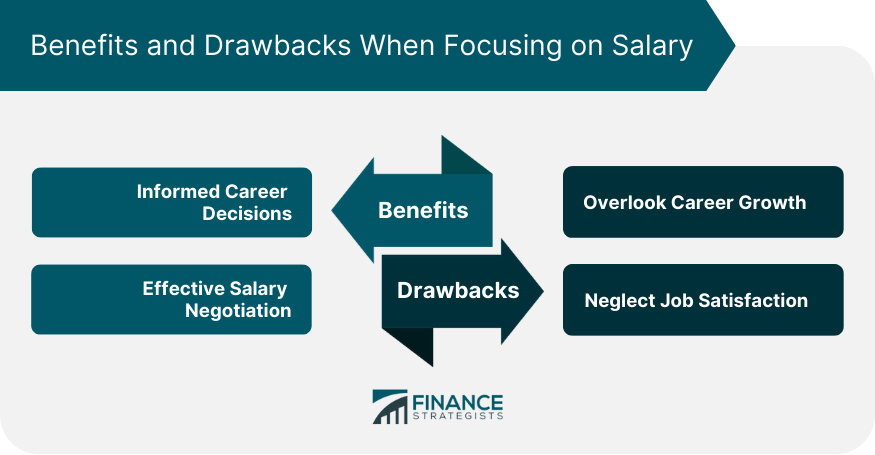Salary negotiation is a critical phase in the job search process, allowing both employees and employers to find a mutually beneficial agreement. Effective negotiation can significantly impact an individual’s career trajectory, earning potential, and job satisfaction.
Preparation
Research
- Market Rates: Investigate the average salary for the position in your industry and location. Use resources like Glassdoor, Payscale, and industry reports.
- Company Finances: Understanding a company’s financial health can give insight into its capacity to offer higher salaries.
- Personal Value: Reflect on your skills, experiences, and accomplishments to articulate your worth effectively.
Know Your Bottom Line
- Minimum Acceptable Salary: Determine the lowest salary you are willing to accept based on your financial needs and career goals.
- Ideal Salary Range: Have a range that starts slightly above your minimum to give room for negotiation.
Timing
When to Negotiate
- Job Offer Stage: The most appropriate time to negotiate is after receiving a formal job offer but before accepting it.
- Performance Reviews: For current employees, during performance reviews or after significant accomplishments can be ideal times to negotiate a raise.

Negotiation Strategies
Communication
- Professionalism: Approach negotiations with a positive and professional attitude.
- Clarity: Be clear about your salary expectations and the rationale behind them.
- Confidence: Speak confidently about your skills and the value you bring to the organization.
Tactics
- Anchor High: Start with a higher figure within your researched range to leave room for negotiation.
- Total Compensation: Consider other benefits such as bonuses, stock options, health benefits, retirement plans, and flexible working arrangements.
- Counteroffers: Be prepared for counteroffers and how you will respond to them.
Common Mistakes to Avoid
- Unrealistic Expectations: Asking for an unreasonably high salary without justification can backfire.
- Accepting the First Offer: Employers often expect negotiation; accepting the first offer can leave potential earnings on the table.
- Lack of Research: Going into negotiations without sufficient information can undermine your position.
After Negotiation
Formal Agreement
- Get It in Writing: Ensure that the agreed-upon salary and benefits are documented in a formal offer letter.
- Thank You Note: Regardless of the outcome, send a thank you note to express appreciation for the opportunity and the employer’s consideration.
ChatGPT Prompt for Salary Negotiation
As a recent graduate entering the [FIELD], I’m preparing for an interview for a [JOB TITLE]position at [COMPANY]. Considering my academic achievements but limited practical experience, how should I approach salary negotiation?
I’m transitioning to the [FIELD] after [X] years in [ANOTHER FIELD]. I’m interviewing for a [JOB TITLE] role at [COMPANY]. How can I leverage my transferable skills to negotiate a competitive salary despite the industry change?
In the context of [JOB MARKET], I’m discussing salary for a [JOB TITLE] position at [COMPANY], which is known for its [COMPANY CULTURE/TRAIT]. With my [X] years of experience in [FIELD], how should I approach the negotiation to show my value?
You can also use the search function to find the best prompts for ChatGPT.